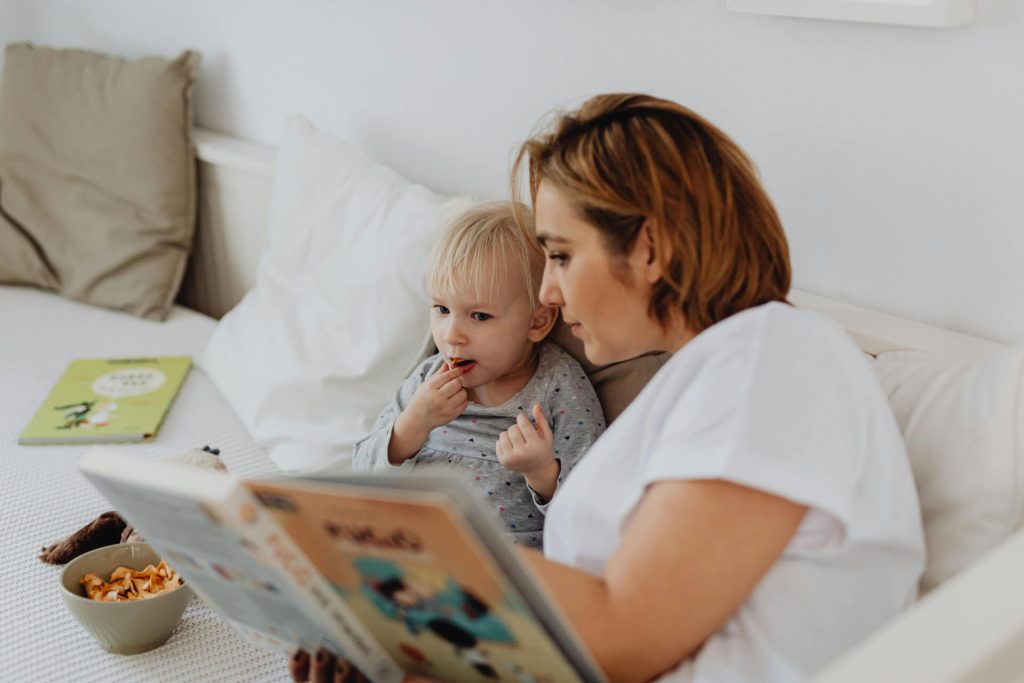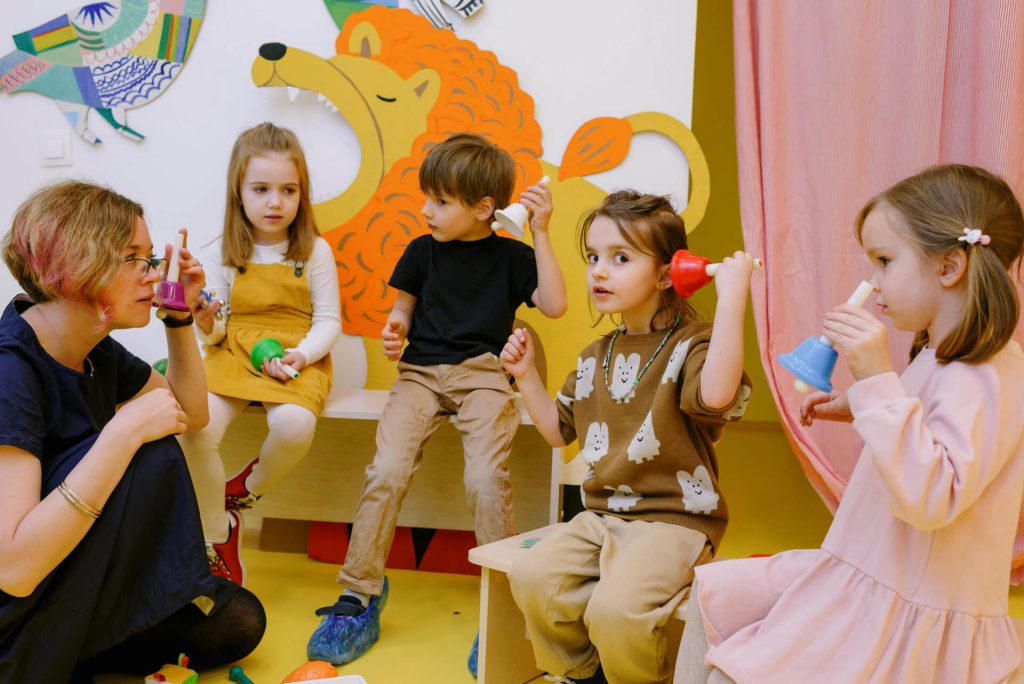Every September 1st, the obligatory sentence on social media is: "What's the big deal about celebrating the first day of school? My father just dropped me off at the gate, and I did everything else on my own!" This is a strange view, as the start of schooling is one of the most important events in a child's life. Try to remember your first day. I'm sure you remember what you wore, what your teacher said, and that feeling of nervousness and excitement.
"I'll do everything so my children have opportunities we didn't have" is a common mantra among parents. We choose schools, inquire about which teacher is the best, who will be in their class. But how much can we really choose? When my children started school, I realized the pattern was almost exactly the same. Which is, at the very least, strange. I lived in a different era. They were born with the internet and in an advanced information age.
As my interests changed through parenthood, I started paying attention to different things abroad. In person and through media. Here are four small examples.
During a walk in Germany, I noticed preschool children on bicycles with helmets on their heads. Neatly lined up, they follow a girl in a vest. My sister told me that this is a mandatory part of school enrollment. Children take a cycling test, learn traffic rules, and the route from home to school. The school administration encourages children and parents to use bicycles as a means of transport and to come to school on their own. Suddenly, that sentence from the beginning of the text took on a completely different meaning. Yes, children should be encouraged to be independent. School is indeed a big first step when they separate from their family. But it's important for the whole society, and it's quite different when we prepare them with a lot of care and love and real support rather than saying, "There's the school, I went alone too!"
Somewhere in the autumn, when the rains start, so do the organizational problems of parents with school children. This insurmountable atmospheric phenomenon means: raincoat, boots, umbrella, spare socks in the backpack, driving to school, an extensive network of friends and family organization in case it suddenly rains while the children are at school so that not a single drop hits them. And meal preparation because due to this terrible phenomenon of water falling from the sky, children won't be leaving the school building. That's how it was when I was a child, and I transferred these habits to my own parenting. My friend took this experience with her to the Netherlands. A country colder than ours with much more rain.
And so it happened that a sudden rain started while the children were at school, and she was at work. You know the procedure, she took the morning off, packed changes of clothes, umbrellas, raincoats, and headed to school. There she was met by an astonished teacher with children who were having regular physical education activities. In the schoolyard. In the rain. "Ma'am, children know how to play in the rain. They'll dry off. It's not raining axes, it's not a storm. Relax." The school, of course, has prepared raincoats for every child in the classroom. The embarrassed caring friend returned to work after this incredible event. And a change happened in her life too. She says that rain no longer disrupts her plans for cycling. She learned at thirty what her children in the Dutch education system learned in lower grades – there are no bad weather conditions, only inadequate clothing.
I watched a Finnish film recently. Part of it takes place in a school. The children are in the school kitchen. Boys and girls are making pudding. How about that. I couldn't wait to get rid of that despised subject "home economics" in school. Because I wanted to learn serious things. Not silly things like how to sew a button, crochet, knit, and embroider. And now children in developed Finland are learning to cook? Wait. Well, I'm still learning to knit, crochet, and embroider. From YouTube. All over again. Home economics was long ago abolished as a subject in the countries of former Yugoslavia. Sixth graders learn important, serious things like the difference between organisms whose genetic material is in the nucleus and those whose genetic material is in the cytoplasm. And then I was really endlessly sorry that my children don't have some subject where they can learn how to safely turn on and off the stove, how to fry an egg and spin sugar.
I recently read a newspaper article about how some immigrant parents were amazed that their child received a school tablet and that in the first few days, their only obligation was to properly charge it and use the battery rationally. The teacher checks the tablet at the beginning and end of the day and writes a + or - for her. Really, all sorts of things. It's not enough that I have to fight with electronic devices at home, but now they have to have a tablet as an assignment. Come on, I send them to school to learn, not to play and have fun.
In two days, I caught myself lecturing my teenager that he must be responsible for charging his phone, that he must be rational with consumption and keep the mobile on the charger for as short a time as possible, to set a time when he charges it, and that it's most important to have a full battery when he's out. I told him that I won't do this for him and that he must be responsible. Well, some mom in Sweden doesn't need this speech. Because the children have already learned this in school.
Romanticizing the time of our own growing up is quite normal. Every generation seems to think it was the best. But there's no going back to the old ways. We have deeply entered the information age, and old systems must adapt. Electronic devices won't go anywhere. But let's turn the story around and teach children how to use them. How to use maps, how to know where they can find verified information, how to protect themselves on the internet, and how to take care of devices and save energy. Let's teach them practical skills. Little ones how to tie shoelaces, older ones how to fry eggs and make tea, how to ride a bike and safely get to school.
And most importantly, school can and should be fun and games. What we believed that school is no joke and that real schools are serious and strict, that grades are a measure of knowledge, well, we'll have to leave that in the past. Otherwise, that notion that our children are more educated and skilled than their peers abroad will only be beautiful myths from the past.





